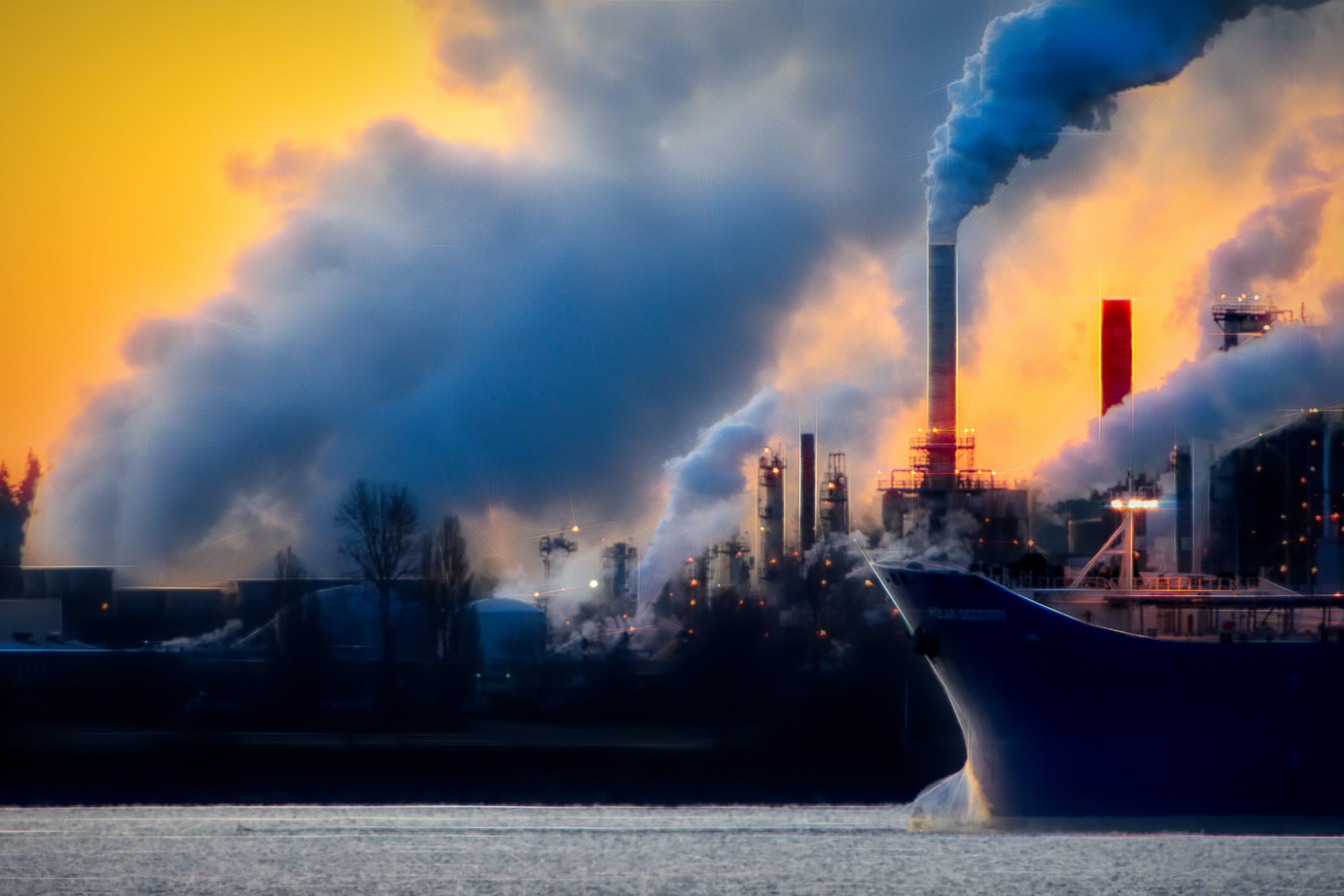Are MNCs the new architects of destiny? US’s Willow Project highlights corporations’ (over)importance in our international economic system

We have been told on many occasions to save the planet, to substitute fossil fuels for renewable energy sources, to stop contaminating and recycle as a means to not drive the Earth into doom. It has become a constant reminder everywhere, in the news, social media, books, and school syllabi…it is quite honestly impossible to avoid being constantly reminded of climate change and its effects on the environment.
Quite weirdly, Biden’s administration does not seem to tune in to the same news station that the rest of the world does, as they can’t seem to catch onto that message. Climate Change? Completely non-existent once one has reached office. Stop using fossil fuels? Let’s auction almost 300.000 square kilometres of territories in the Gulf of Mexico for offshore oil and gas drilling. Oh, and let’s also start a multimillion-dollar project driven by extremely powerful multinational companies that will emit 278 million tons of carbon dioxide into the atmosphere.
But let’s go by order, what is the Willow Project?
The Willow Project is a massive oil drilling business proposal by the company ConocoPhillips that will take place in the northern part of Alaska. It’s estimated to cost around 8 billion dollars and produce over 576 million barrels of oil and release over 276 million tons of greenhouse gases into the atmosphere.
ConocoPhillips is a multinational corporation with headquarters in Houston, Texas. They define themselves as an independent exploration and production company of several fossil fuels and their byproducts such as crude oil, bitumen and natural gas. They operate in 13 countries and, in 2022, they produced 1,738 million barrels of oil per day. You could say that they are quite a powerful energy company in the United States, so it doesn’t come as a surprise to know that they are no strangers to controversy. They have been sued on many occasions because of several petrol and gas leaks and polluting scandals, such as the 2011 Bohai Bay oil spills, which has always resulted in them patching up all of their mistakes with money, money and more money.
Let’s go back in time, back when Biden was still running for office as a presidential candidate. One of the main goals of his administrative campaign was to completely end all new projects of oil drilling on federal lands, which helped him become president as it garnered the support of the more green voters.
How come, if he promised to stop oil drilling, he’s now allowing the Willow Project? Is this another (very common) case of presidential broken promises? Well, kind of, but not really. Biden declared to stop oil drilling in 2020, and technically, the area designated for the Willow Project is located in the National Petroleum Reserve-Alaska (which is federal land), but ConocoPhillips has had leases of that territory since the ’90s, which has made it very hard for environmentalist lobbyists to get the law on their side. However, a federal judge halted the project once in 2021 under the suspicion that the environmental damage assessments were not properly done but shortly resumed.
The point of the question here is more about how Biden’s administration cannot do anything, because of the legal constraints the government administration is under. Because ConocoPhillips owns the leases of the federal land, there’s a limit as to what the administration can do in order to stop this multinational corporation from doing whatever they want. Yes, Biden’s administration swore to fulfil several promises of green energy and to help, but these measures cannot be properly carried out if the political, legal and administrative structures have all been crafted to benefit certain actors. In this case, the reason why ConocoPhillips can claim these rights even though Biden’s administration is against it is because the legal regime that dictates what we can and cannot do has always been focused on gas and oil use, and has not been updated in a way that it can address contemporaneous issues.
The Willow Project will have terrible detrimental effects on nature, not only by releasing almost 300 million tons of greenhouse emissions through its use but also due to the consequences of the drilling of the holes and the oil leaks that will derive from the production and extraction plants. Alaska is home to many autochthonous species of flora and fauna, and the Willow Project area is located close to the Arctic National Wildlife Refuge, with several species that require special protection due to their endangered status. This program will also affect the lives of the indigenous communities that inhabit all of Alaska, as the albedo effect derived from the extraction and consumption of greenhouse gases will provoke further global warming which will, eventually, alter radically the trophic chains on which these native communities depend.
Our international regime has slowly evolved and given way to the rise of MNCs and TNCs as vital actors in the balance of power, but perhaps it is time for us to realise that we must prioritise the survival of the environment over any economic or political gain.
Not everything can be solved with money, and this is where we can most clearly see it. What does it matter if the Willow Project will increase the budget for the impact mitigation fund if there is nothing else to protect? If entire species of flora and fauna go extinct due to the alterations in the trophic chain caused by the direct and indirect effects of climate change? If entire indigenous communities lose their houses, their way of living, their traditions?
What worth will money have once we have eradicated any life prospects on Earth?
Further reading:
What is the Willow project? The Alaska oil drilling debate, explained. – The Washington Post
Willow project: Biden walks political tightrope over Alaska oil project – BBC News
Northwest and Alaskan Tribal Nations and Climate Change | USDA Climate Hubs
Climate change is forcing Native Alaskans to move from their ancestral homes : NPR




Thanks for the correct information https://cohortchallenge.com/user/tailor_medina